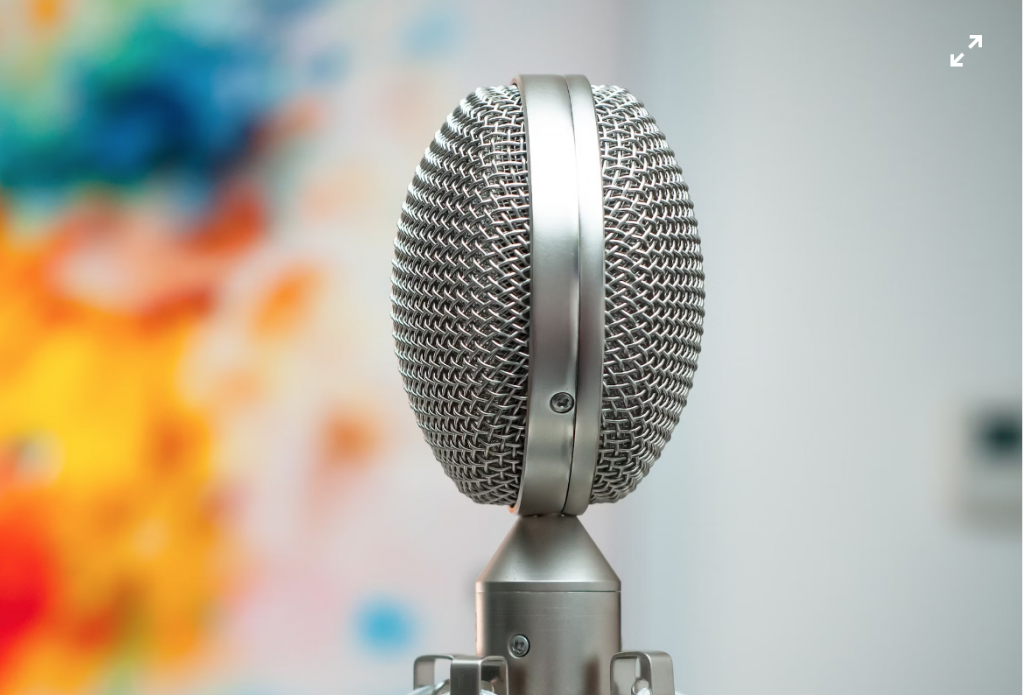
There are still major issues between studios and strikers concerning compensation for the use of AI images and voice recordings of human actors.
Writers Strike Settled; Actors Stay on Strike over AI Image Agreements
No matter how good chat AI gets, it’s hard to imagine a chatbot bringing the same authentic humor to broken English that Sacha Baron Cohen delivers in his Borat movies. Actors, in particular voice actors, have been horrified at the pace at which today’s AI is progressing. However, there is still optimism among voice actors that their abilities will outshine AI when it comes to accents and comedic timing.
The recent strikes in Hollywood prove that actors and writers are having employment threatened in the near term and the long term of their careers. Generative AI and ChatGPT AI have gotten so good at responding to voice instructions known as prompts, that it’s challenging to tell the difference between humans and machines at times.
Deep Fakes and Dead Fakes
According to a story on wired.com, the actors have valid concerns over how AI could take their roles and imitate
“The rapid advances in tech threaten more than just voice artists’ jobs; the actors also worry that their voices could be used to create new content they haven’t signed off on. Two years ago, the team behind Roadrunner, a documentary about the late Anthony Bourdain, used AI to clone his voice and have it read an email he had written. The move set off alarm bells in Hollywood and raised ethical questions about how AI might bring people’s voices, gestures, and words back to life after they’d died.”
Contract negotiations between the Screen Actors Guild—The American Federation of Television and Radio Artists and the Hollywood studios are ongoing, since not all jobs are protected outside of the SAG-AFTRA union. Tim Friedlander, president of the National Association of Voice Actors, said he represents workers who are most at risk of losing their jobs.
Flavored Voices
If you have ever listened to audiobooks that are voiced by AI over the last 10 years, you can probably hear why some people think AI voices are lacking in many ways.
AI tends to make the voices “as boring as possible,” says Dan Lenard, president of the Word-Voices Organization, a nonprofit association for voice work. The technology could be a low-cost fix for companies that make, say, informational HR videos, but synthetic voices don’t engage people in the same way as humans do.
“Every voice is different, every accent is different, and I think that’s one of the things AI cannot duplicate,” Lenard says.
Jennifer Kanari, administrator of the Voice Actors League of Kenya, a network for voice artists, said demand for black voices is rising as diversity efforts expand, but actors fear they won’t get fair compensation is their voices are copied by AI.
“It would not be a bad thing to have an African voice on an African doll or toy,” Kanari says, but actors like her need clear contracts on how their voice will be used, and for how long.
For instance, last week, Spotify announced a pilot for a translation feature for podcasts. It’s powered in part by OpenAI’s generative voice tech and translates podcasters’ voices into other languages.
The goal right now is to find the fairest way to protect the gifts that actors display while promoting fair compensation. AI will be largely involved with the future use of images and voices of the creative people we have come to enjoy being entertained by.
read more at wired.com







Leave A Comment